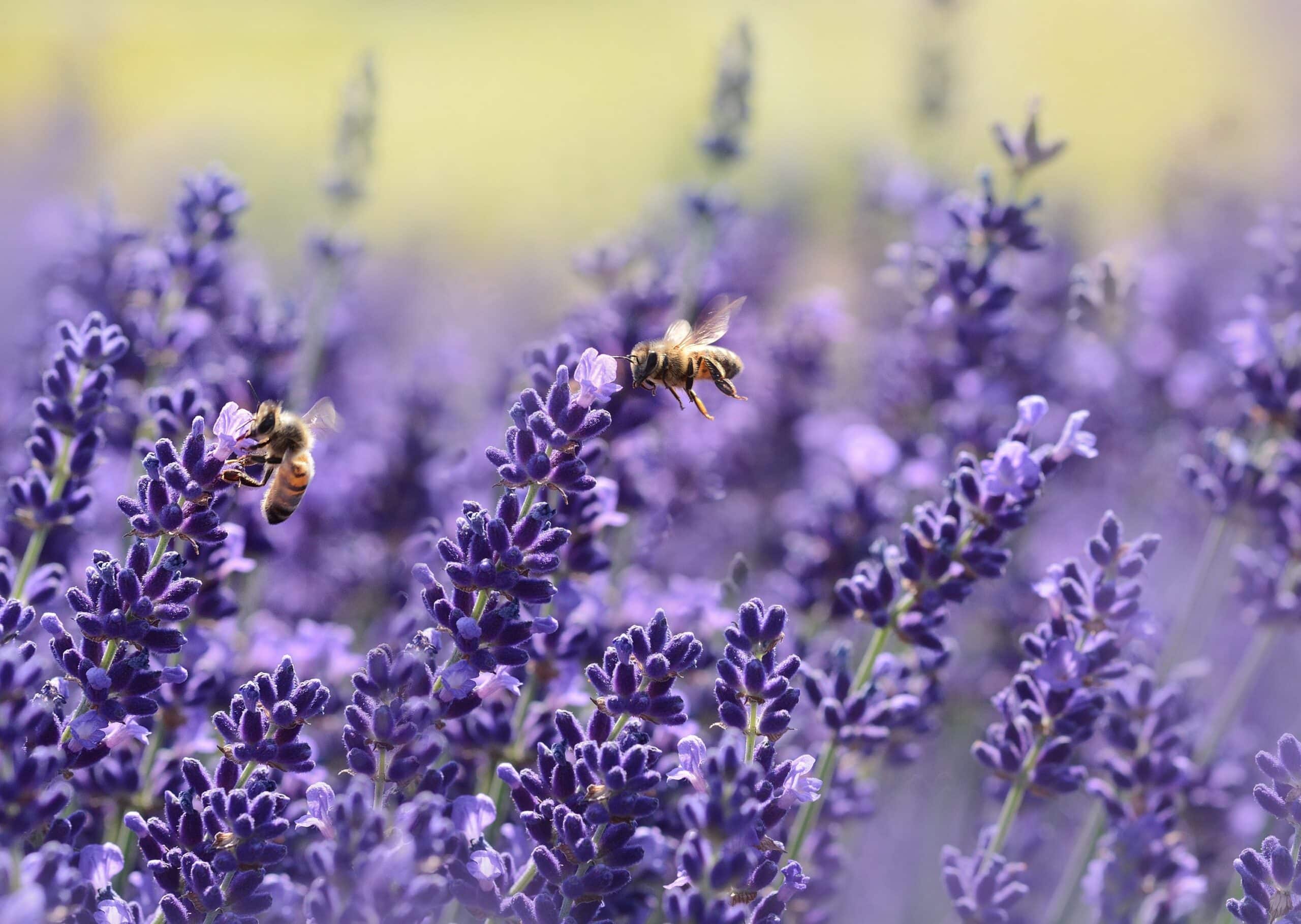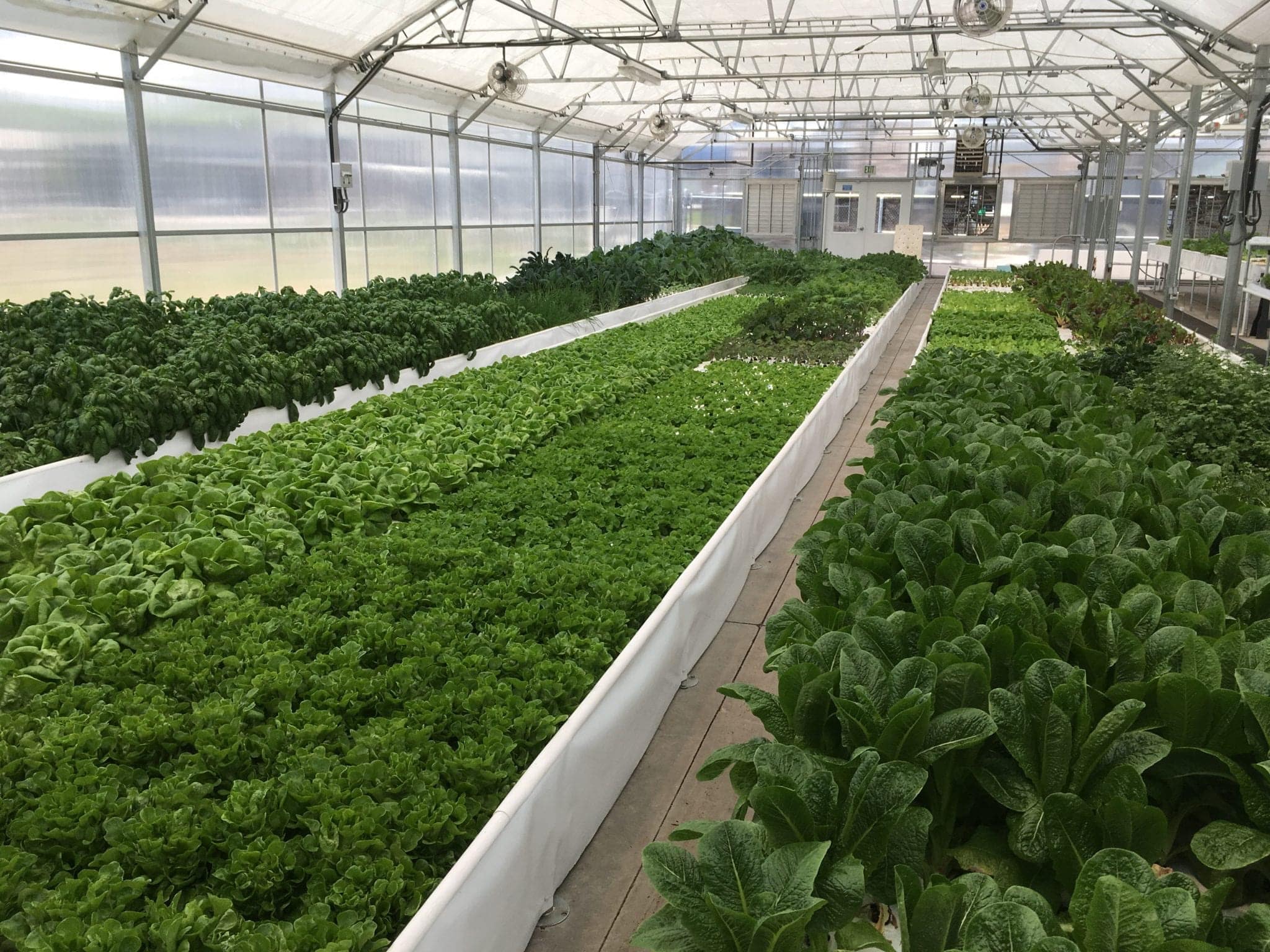Ghee is a type of clarified butter that has been used for centuries in Indian and Middle Eastern cuisine. This versatile ingredient is rich in healthy fats and has numerous health benefits, making it a popular choice in natural health circles. In this blog post, we’ll take a deep dive into the history, uses, and health benefits of ghee.
History of Ghee
Ghee has a long and rich history, particularly in India where it is considered a sacred food. The word “ghee” is derived from the Sanskrit word “ghrita,” which means “sprinkled.” In ancient India, ghee was used in religious ceremonies and as a sacred substance. It was also used in Ayurvedic medicine as a healing food.
The process of making ghee is similar to that of clarified butter. Butter is heated to separate the milk solids and water from the fat. The milk solids are then removed, leaving behind pure butterfat, which is ghee. The process of making ghee helps to remove impurities and results in a pure, healthy fat.
Uses of Ghee
Ghee is a versatile ingredient that can be used in a variety of ways. It has a high smoke point, which means it can be used for high-heat cooking methods such as sautéing, frying, and baking. It is also commonly used as a condiment, either by itself or mixed with herbs and spices.
In Indian cuisine, ghee is often used in curries, lentil dishes, and rice dishes. It is also used in traditional sweets and desserts. In Middle Eastern cuisine, ghee is used in dishes such as pilafs and stews.
Ghee is also commonly used in natural health circles as a substitute for butter or other cooking oils. It is considered a healthy fat due to its high levels of vitamins A, D, E, and K, as well as its ability to support digestion.
Health Benefits of Ghee
- Rich in Healthy Fats
- Ghee is a rich source of healthy fats, including omega-3 and omega-6 fatty acids. These fats are important for overall health, as they play a role in brain function, cell growth, and immune system function. Ghee is also high in conjugated linoleic acid (CLA), a type of fat that has been shown to have anti-inflammatory properties and may help reduce the risk of heart disease.
- Good for Digestion
- Ghee is a natural source of butyric acid, a type of short-chain fatty acid that is produced by the beneficial bacteria in the gut. Butyric acid has been shown to help improve gut health by reducing inflammation, supporting the growth of healthy gut bacteria, and promoting healthy digestion.
- May Improve Brain Function
- Ghee is a rich source of vitamin K2, which has been shown to play a role in brain function. Some studies have suggested that vitamin K2 may help improve memory and cognitive function.
- Boosts the Immune System
- Ghee is high in antioxidants, which help to protect the body against free radical damage. It is also rich in vitamin A, which is important for a healthy immune system. Some studies have suggested that ghee may help to boost the immune system and protect against infectious diseases.
- Good for the Skin
- Ghee is rich in vitamin E, a powerful antioxidant that helps to protect the skin against damage from free radicals. It also contains vitamin A, which is important for skin health. Ghee can be applied topically to the skin to help moisturize and nourish it.
- Anti-Inflammatory Properties
- Ghee contains anti-inflammatory properties, including omega-3 fatty acids and CLA. These properties can help to reduce inflammation in the body, which is a common cause of chronic diseases such as arthritis, heart disease, and diabetes.
- May Help with Weight Loss
- Despite being a high-fat food, ghee may actually help with weight loss. This is because it contains medium-chain triglycerides (MCTs), which are easily digested and used for energy rather than stored as fat. Some studies have suggested that MCTs may help to increase metabolism and promote weight loss.
- Supports Hormonal Balance
- Ghee is a natural source of saturated fats, which are important for the production of hormones such as testosterone, estrogen, and progesterone. These hormones play a critical role in maintaining hormonal balance in the body.
- Supports Bone Health
- Ghee is a rich source of vitamin K2, which is important for bone health. Vitamin K2 helps to activate proteins that are involved in bone metabolism, which can help to improve bone density and reduce the risk of osteoporosis.
How to Use Ghee
Ghee can be used in a variety of ways in cooking and baking. It has a high smoke point, which means it can be used for high-heat cooking methods such as sautéing, frying, and baking. Ghee can also be used as a spread or condiment, either by itself or mixed with herbs and spices.
To use ghee as a spread, simply spread a small amount on toast or crackers. To use it in cooking, heat it in a pan until it is melted and then use it to sauté or fry your favorite foods. Ghee can also be used as a substitute for butter in baking recipes.
Conclusion
Ghee is a versatile and healthy ingredient that has been used for centuries in Indian and Middle Eastern cuisine. Its rich flavor and numerous health benefits make it a popular choice in natural health circles. Ghee is a rich source of healthy fats, supports digestion, and may help to improve brain function, boost the immune system, and promote healthy skin. Incorporating ghee into your diet is a simple and easy way to support overall health and well-being.
Where to Buy Ghee
If you’re interested in purchasing ghee, there are a number of different options available. Here are some of the best places to buy ghee, along with their URLs:
- Pure Indian Foods (https://www.pureindianfoods.com/): This company specializes in producing high-quality ghee made from grass-fed butter. They offer a variety of different flavors, including plain, garlic, and cinnamon.
- Ancient Organics (https://ancientorganics.com/): Ancient Organics is another popular brand of ghee made from grass-fed butter. Their ghee is handcrafted in small batches using traditional Ayurvedic methods.
- 4th & Heart (https://fourthandheart.com/): 4th & Heart is a popular brand of ghee that is available in a variety of flavors, including original, garlic, and vanilla bean. Their ghee is made from grass-fed butter and is lactose-free.
- Tin Star Foods (https://www.tinstarfoods.com/): Tin Star Foods produces a variety of different ghee flavors, including plain, brown butter, and garlic. Their ghee is made from grass-fed butter and is certified organic.
- Organic Valley (https://www.organicvalley.coop/products/ghee/): Organic Valley is a well-known brand of organic dairy products, including ghee. Their ghee is made from organic butter and is available in a variety of sizes.
When shopping for ghee, it’s important to look for high-quality brands that are made from organic, grass-fed butter and contain no additives or preservatives. By choosing a high-quality brand, you can ensure that you’re getting all of the health benefits of ghee without any unwanted chemicals or contaminants.
Sources:
- “Ghee: Benefits, Uses, and How to Make It,” Healthline, https://www.healthline.com/nutrition/ghee.
- “The History of Ghee,” Pure Indian Foods, https://www.pureindianfoods.com/history-of-ghee-s/196.htm.
- “Ghee,” Encyclopædia Britannica, https://www.britannica.com/topic/ghee.
- “Ghee: A Nutritional and Medicinal Powerhouse,” Elephant Journal, https://www.elephantjournal.com/2018/07/ghee-a-nutritional-and-medicinal-powerhouse/.
- “What Is Ghee and Is It Better Than Butter?,” Cooking Light, https://www.cookinglight.com/eating-smart/nutrition-101/ghee.
- “Why Ghee Is Becoming Popular,” Forbes, https://www.forbes.com/sites/nomanazish/2018/11/19/why-ghee-is-becoming-popular/?sh=2ff2c7af61ba.
- “Ghee,” Ayurveda, https://www.ayurveda.com/resources/articles/ghee.
- “Ghee: The Heart of Ayurvedic Nutrition,” Banyan Botanicals, https://www.banyanbotanicals.com/info/blog-the-banyan-insight/details/ghee-the-heart-of-ayurvedic-nutrition/.
- “Ghee: An Ayurvedic Medicine,” National Center for Biotechnology Information, https://www.ncbi.nlm.nih.gov/pmc/articles/PMC3215354/.
- “Ghee: 10 Healthy Reasons You Should Add It to Your Diet,” Medical Daily, https://www.medicaldaily.com/ghee-10-healthy-reasons-you-should-add-it-your-diet-316384.
- “Health Benefits of Ghee,” Organic Facts, https://www.organicfacts.net/health-benefits/animal-product/ghee.html.
- “The Benefits of Ghee,” Chopra, https://chopra.com/articles/the-benefits-of-ghee.
- “Ghee: The Ayurvedic Panacea,” Times of India, https://timesofindia.indiatimes.com/life-style/food-news/ghee-the-ayurvedic-panacea/articleshow/63801104.cms.
- “5 Top Benefits, Uses & Side Effects of Ghee,” Dr. Axe, https://draxe.com/nutrition/ghee-benefits/.
- “Ghee: The Superfood with Impressive Health Benefits,” MindBodyGreen, https://www.mindbodygreen.com/0-14187/ghee-the-superfood-with-impressive-health-benefits.html.
- “Ghee: A Top Health Food,” The Times of India, https://timesofindia.indiatimes.com/life-style/food-news/Ghee-a-top-health-food/articleshow/47430862.cms.
- “What Are the Health Benefits of Ghee?,” BBC Good Food, https://www.bbcgoodfood.com/howto/guide/what-ghee-and-what-it-used-for.
- “Ghee: Benefits, Nutrition, and Downsides,” Verywell Fit, https://www.verywellfit.com/the-benefits-and-downsides-of-ghee-4686167.
- “The Surprising Health Benefits of Ghee,” MindBodyGreen, https://www.mindbodygreen.com/0-10483/the-surprising-health-benefits-of-ghee.html.




